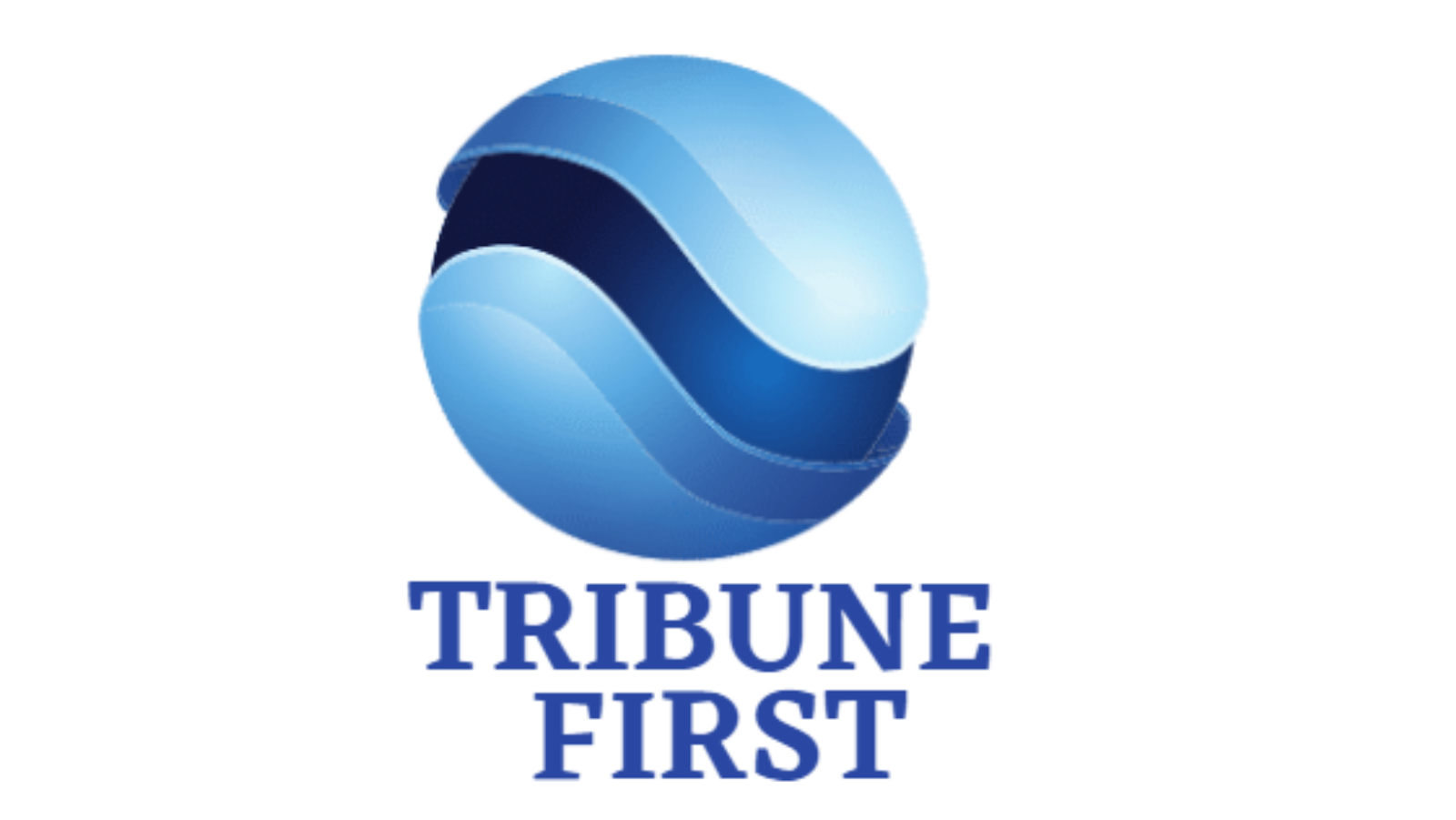Elon Musk, the founder of Twitter, reacted by saying: "I do believe media organizations should be self-aware and not make a deceptive claim that bias is completely absent. Every organization has a bias, albeit some have it more than others.
On Twitter, the BBC took issue with the description "government-funded media."
After the designation was applied to the main BBC account, the corporation claimed to have contacted Twitter.
In a later email to the BBC, Musk stated: "We are striving for the highest levels of truth and transparency. It makes sense to link ownership and funding sources.
"Media organizations should be self-aware and not make exaggerated claims about the lack of prejudice.
"All organizations exhibit bias, albeit some do so blatantly more so than others."
He continued to mention that I follow BBC News on Twitter because I believe it to be among the least biased.
The network stated: "The BBC is, and always has been, independent. We're speaking to Twitter about the designation.
"We are supported by the license fee paid by the British public."
According to a page in Twitter's help center linked to the BBC account label, "state-affiliated media" describes publications where the government "allows authority over opinion pieces through financial resources, direct or indirect political pressures, and control over production and distribution."
The phrase was also used to describe the Twitter account of US broadcaster NPR, although it has now been modified to read government-funded media, just as the BBC account.
The BBC has consistently upheld its objectivity, and it functions under a Royal Charter negotiated with the government and stated that it "shall be independent."
The corporation's production is paid for by annual license fees from Britons of £159. The government decides the amount, but private households pay it.
Larger accounts connected to the BBC's breaking news and sports programming were not awarded the moniker, even though the main BBC account, which has 2.2 million followers, had.
The account mostly tweets about non-news content created by the BBC, including podcasts, radio, and TV shows.
It happened after Twitter removed the blue verification checkmark from The New York Times account.

.jpg)
.png)
.png)
.png)
.png)
0 Comments